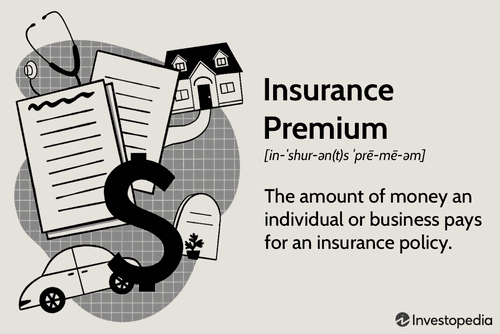
When traveling, it is essential to have adequate health insurance. It provides financial protection while you travel and allows you to cancel the policy at any point before it expires. Any premium not used during your trip can be refunded. It can be very difficult to get treatment in an emergency in the US because of the high cost of health care. Without insurance, you will have to pay for your expenses on your own, which can be risky.
Benefits
Travel insurance policies that include health insurance are a great way to reduce the cost of medical treatment when you travel outside your country. Medicare does not cover expenses beyond the United States. It can also deplete your savings. Many travel health insurance policies also cover emergency medical expenses. To make sure you are covered, contact your insurance provider prior to traveling.

Even for travelers who are traveling for a short duration, it is crucial to have travel insurance that covers your medical needs. Travel medical insurance will cover medical emergencies and routine checkups, which you'd otherwise have to pay for out of pocket and submit a claim to your insurance provider. This is especially important if you live abroad and cannot access local healthcare.
Costs
People who travel often need to purchase travel medical insurance. The policy should be purchased for at least 6 months prior to the start of your trip. A basic low-benefit frequent traveler health policy might cost $100 a year for a single person, but a more generous plan may cost up to twice that for a year. The frequent traveler policy is designed for frequent short trips. Long-term, overseas assignments and business assignments can cost considerably more.
Types
When traveling abroad, travelers should think about purchasing travel insurance. This policy covers you for emergency evacuation and medical coverage. This policy does have limits and deductibles. Before buying travel insurance, be sure to review your domestic insurance policy's requirements. There are many options for travel health insurance. You can choose which plan best suits your needs and budget.
Pre-existing conditions covered
When it comes to finding comprehensive travel health insurance plans that cover pre-existing medical conditions, there are many options. The insurer will determine if a pre-existing condition waiver is available, but most will cover common chronic diseases. This covers heart disease, depression, diabetes and heart disease. You should also check to see if your plan covers drug addictions. Although pregnancy is not considered to be a pre-existing condition in most cases, some plans only cover it if there are normal births.

Pre-existing medical conditions are those that have an ongoing medical condition or dental condition. It must have existed before you purchased your policy. There may be a situation that developed after you purchase the policy. But it is important for you to verify the terms.